Latest News
Keep up to date on all the latest Science Week info
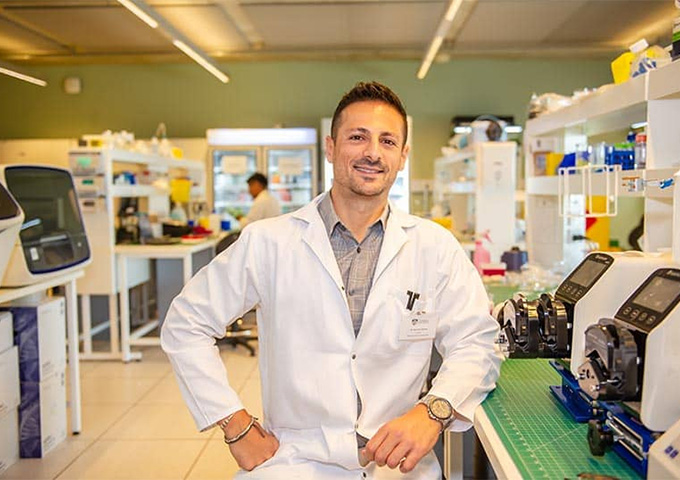
Grants in New South Wales for 2022
- By National Office
- 10 February, 2022
Expressions of interest are invited from NSW-based event providers to deliver innovative live, online and hybrid events and activities that can be delivered as part of National Science Week that ...
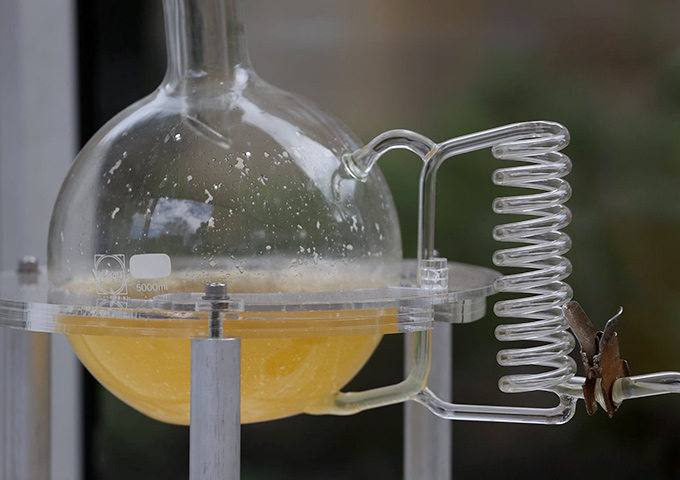
Victorian Seed Grants for 2022
- By National Office
- 4 February, 2022
The Victorian National Science Week Coordinating Committee invite libraries, community organisations and individuals to apply for seed funding to run a public event, activity or program during ...
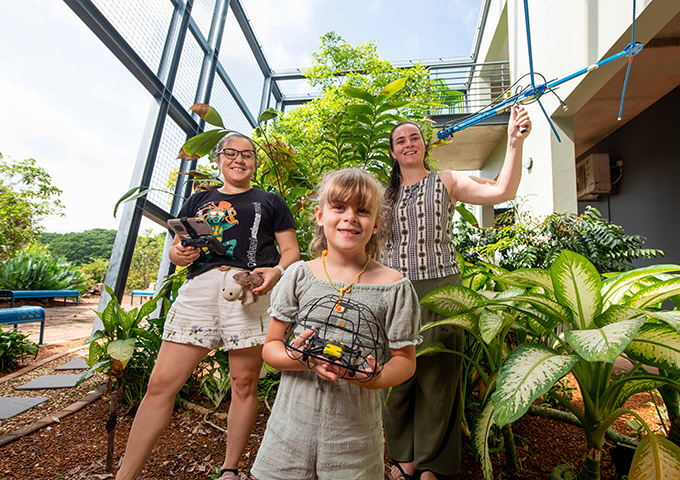
NT Grants for National Science Week in 2022
- By National Office
- 2 February, 2022
Inspiring and innovative science projects fit for all ages are being sought from the Northern Territory community for National Science Week in 2022. National Science Week will run from 13 - 21 ...
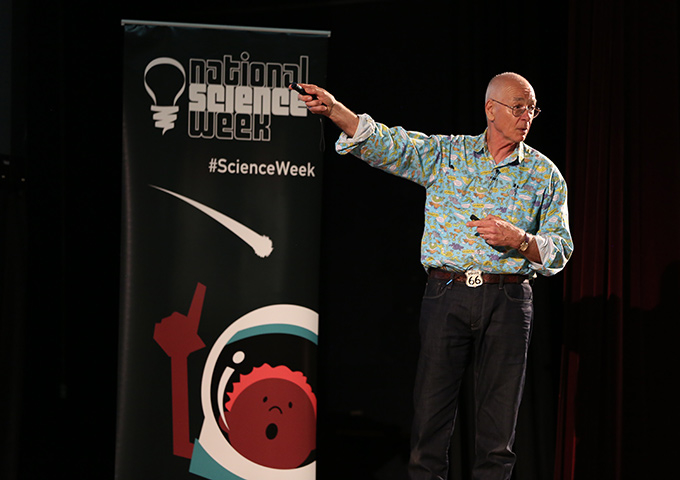
Grants Available for National Science Week Events in 2022
- By National Office
- 27 September, 2021
The grant round for National Science Week 2022 is open for applications until 5.00pm AEDT Thursday 21 October 2021. Grants between $2000 - $20,000 will be awarded and can support in-person events ...
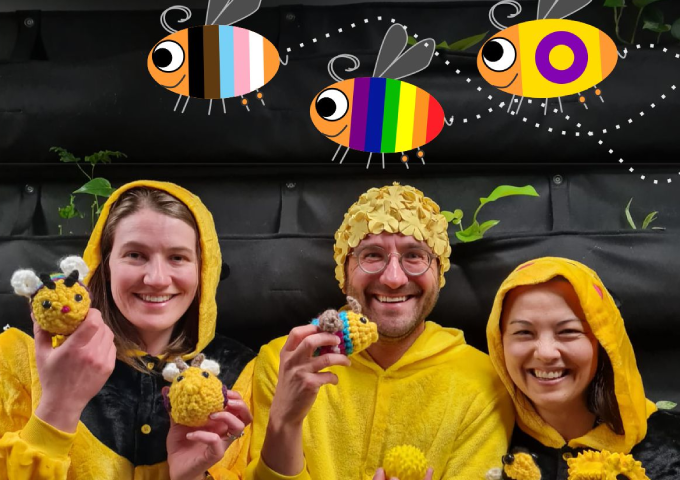
Postponed Events in the ACT
- By Claire Noonan
- 27 August, 2021
Calling all Ken Behrens! Having somewhat recovered from the 'excitement' of a territory-wide lockdown being announced right as the official launch for National Science Week kicked off, we are ...
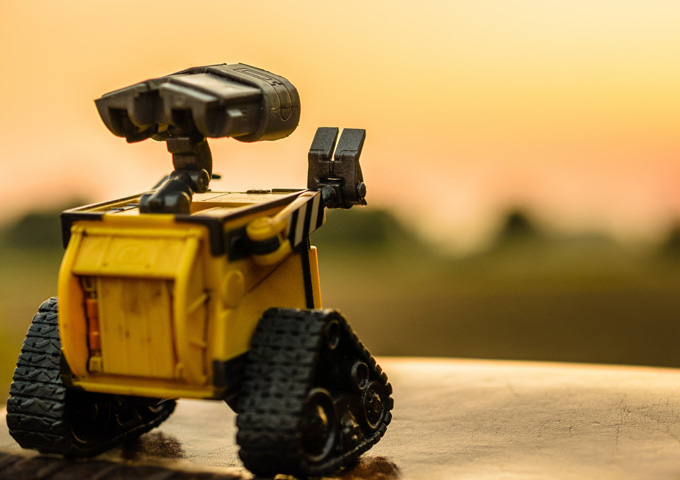
That’s a Wrap for National Science Week 2021!
- By National Office
- 24 August, 2021
As they say, all good things must come to an end. National Science Week 2021 officially* came to a close on Sunday, rounding out an action-packed 9 days of science fun which included an ...
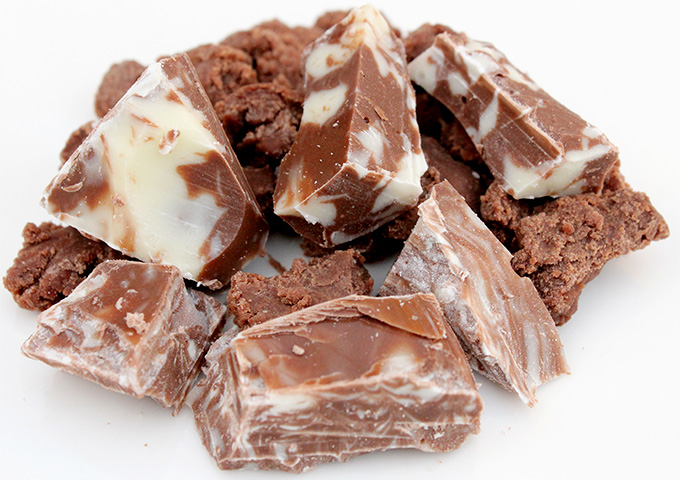
DIY Science: Chocolate Rocks
- By National Office
- 21 August, 2021
What you need: chocolate melts* (milk and white) 3 microwave safe containers and a microwave metal spoon, toothpick, sharp knife, chopping board *melts are made from compound chocolate, not real ...
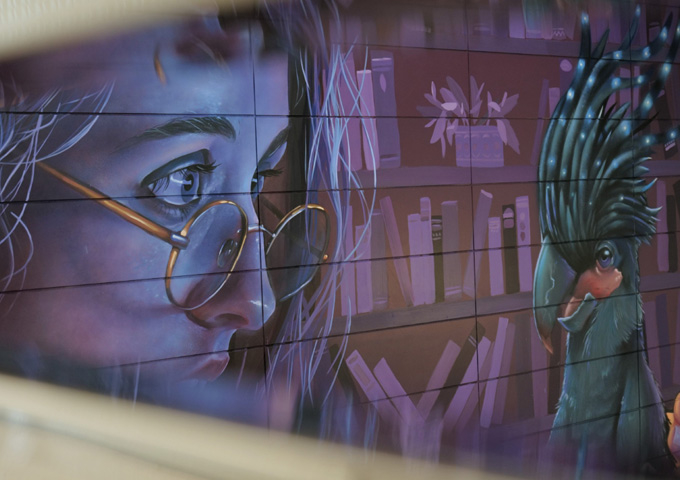
What’s on for the final weekend of National Science Week?
- By National Office
- 20 August, 2021
It’s hard to believe we already find ourselves on the home stretch of National Science Week 2021 :-( But before we officially sign off for another year, we still have one more weekend which is ...
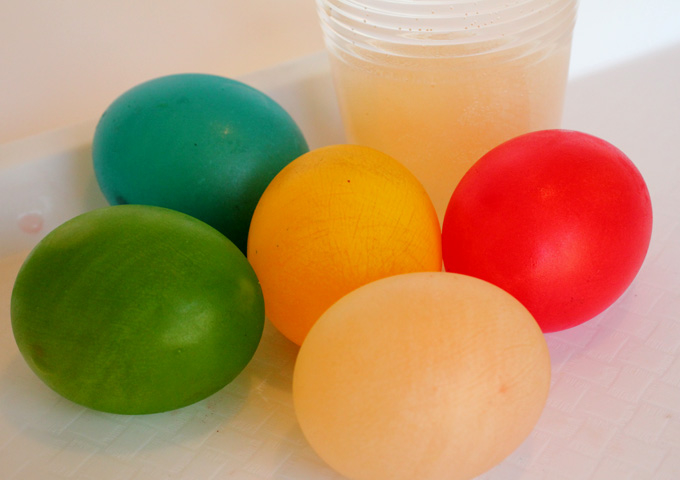
DIY Science: Bouncy Eggs
- By National Office
- 20 August, 2021
What you need: 6 eggs and a container large enough to hold the eggs (with a lid or plastic film to cover the container) white vinegar, 2 litres 5 cups food colouring in 4 colours What to do: This ...
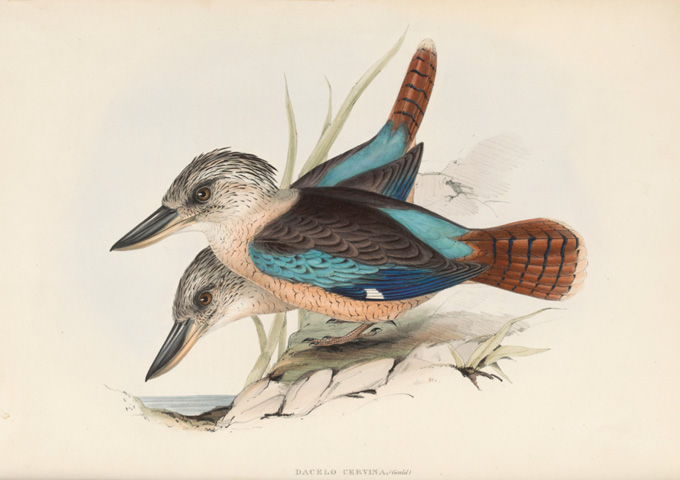
Arts + Science Showcase
- By National Office
- 19 August, 2021
Maybe you see yourself as someone who is more into Art than Science – you like the idea of picking up a paintbrush more than looking through a microscope, or perhaps you prefer immersing yourself ...



